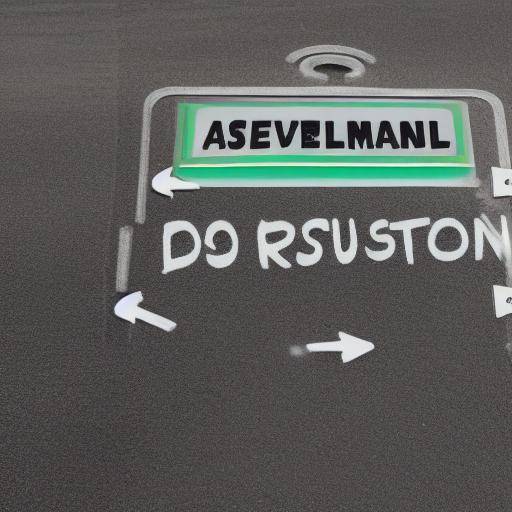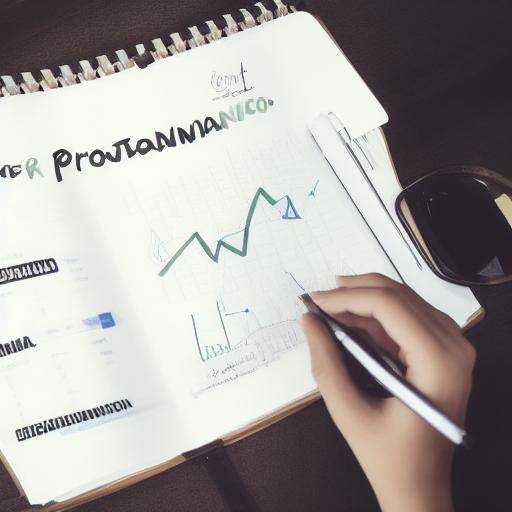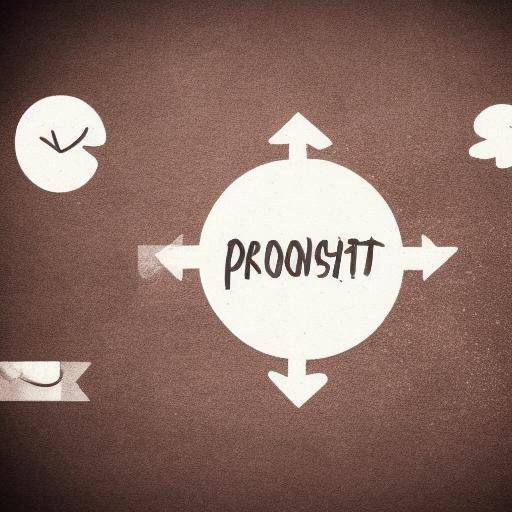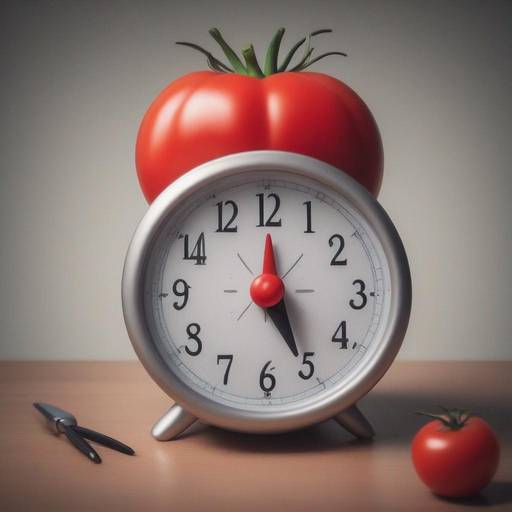
Introduction
Every week, we face the task of reviewing our progress, evaluating our performance and setting goals for the future. In this process, self-evaluation plays a key role. It is the tool that allows us to reflect on our work, identify areas of improvement and enhance our productivity. In this article, we will explore in depth the importance of self-evaluation in the weekly review, how it can boost productivity and allow continuous improvement in all aspects of our life.
History and Background
Self-assessment is a practice that has existed throughout history in different fields, from education to the working world. Its origins date back to ancient Greece, where the philosophy of "know yourself" promoted personal reflection and self-knowledge. Over the centuries, this notion has developed and gained a central role in improving performance and decision-making.
In the modern world, self-evaluation has acquired a new meaning in the context of productivity and personal development. With the evolution of agile methodologies and the focus on continuous improvement, self-assessment has become a key tool to identify strengths, weaknesses and growth opportunities both individually and organizationally.
Analysis in Deep
Self-assessment offers a range of benefits at both the personal and professional levels. By reflecting on our performance, we can identify behavior patterns, improvement areas and opportunities to maximize our potential. However, it also presents challenges, as it often requires facing our own limitations and being willing to make significant changes.
In the digital era, self-assessment has become more accessible through tools and applications that allow us to track our progress in different aspects of our lives, from labor productivity to personal well-being. Through data analysis and metrics, we can get a clear vision of our performance and set realistic and measurable goals for the future.
Comprehensive review
Self-assessment is not only limited to evaluating our work. It extends to all areas of our life, including our relationships, health, hobbies and personal goals. By adopting a holistic approach, we can identify patterns that affect our overall well-being and take steps to balance our priorities and maximize our performance in all aspects of our lives.
Some of the best practices for self-assessment include establishing weekly review routines, defining key performance indicators, setting attainable targets and celebrating achievements. By combining these elements, we can build a cycle of continuous improvement that drives both our productivity and our personal satisfaction.
Comparative analysis
Self-assessment, productivity and continuous improvement are closely interconnected. Self-assessment acts as the starting point for identifying areas of improvement, which then translate into concrete actions to increase productivity and advance towards our goals. Thus, self-evaluation becomes the engine that drives continuous improvement in all areas of our lives.
Practical Tips and Accessible Tips
Some practical tips for effective self-assessment include:
- Set a dedicated time on your self-assessment agenda.
- Use specific tools such as checklists or target tracking applications.
- Be honest with yourself and recognize both your achievements and your areas of improvement.
Industry Perspectives and Expert Reviews
We gather the views of various experts in personal development and productivity, who agree on the importance of self-evaluation as the engine of continuous improvement. According to them, self-assessment gives us the opportunity to identify our strengths and weaknesses, make informed decisions and maximize our potential in all areas of our life.
Case Studies and Practical Applications
Through real cases, we can see how self-evaluation has driven productivity and personal growth in various situations. From entrepreneurs who have used self-assessment to optimize their processes to professionals who have achieved a balance between working and personal life through weekly reflection, cases of success highlight the importance of this practice in continuous improvement and achieving significant goals.
Future Trends and Predictions
With the rapid evolution of technology and time management methodologies, self-assessment is intended to become an even more powerful tool to boost productivity and continuous improvement. The integration of artificial intelligence and data analysis promises to provide new perspectives and possibilities for people to make more informed and efficient decisions in their search for personal and professional excellence.
Conclusions
In short, self-evaluation is a fundamental practice in the pursuit of productivity and continuous improvement. By dedicating time to reflect on our performance, we can identify areas of improvement, enhance our strengths and set clear and attainable goals. This practice, when performed in a constant and honest manner, can lead to significant growth in all aspects of our life.
Frequently asked questions
Why is self-assessment important in the weekly review?
Self-assessment in the weekly review allows us to identify areas of improvement, maximize our performance and set realistic goals for the future. It acts as a mechanism for continuous improvement in our work and personal activities.
How can I perform an effective self-evaluation?
An effective self-evaluation requires time to reflect, use tracking tools and be honest with yourself by identifying areas of improvement. Establishing clear metrics and regularly reviewing your progress is also fundamental.
What are the benefits of self-assessment for individual productivity?
Self-assessment raises awareness of our performance, helps identify opportunities for improvement, allows us to set measurable goals and motivates us to overcome obstacles to achieving greater performance in our daily activities.
Is self-evaluation a unique or continuous process?
Self-assessment is a continuous process that allows us to adapt to changing situations, identify new areas of growth and adjust our goals according to circumstances. It is a key component of continuous long-term improvement.
How can self-assessment impact on the workplace?
In the working environment, self-evaluation can improve individual productivity and contribute to the growth of the company as a whole. By identifying areas of improvement, employees can optimize their performance and contribute more significantly to organizational goals.
How can self-evaluation influence personal well-being?
Self-assessment promotes reflection on our daily activities, allowing us to identify and address the imbalance between work and personal life, as well as the factors that influence our overall well-being. This can lead to improved quality of life and greater personal satisfaction.
In conclusion, self-evaluation is a powerful tool that drives productivity and promotes continuous improvement in all aspects of our lives. By reflecting on our performance, identifying areas of improvement and establishing clear goals, we can achieve higher levels of personal and professional realization. Self-assessment gives us the opportunity to grow, evolve and triumph in a constantly changing world. Don't underestimate the power of looking in to move forward!






















































